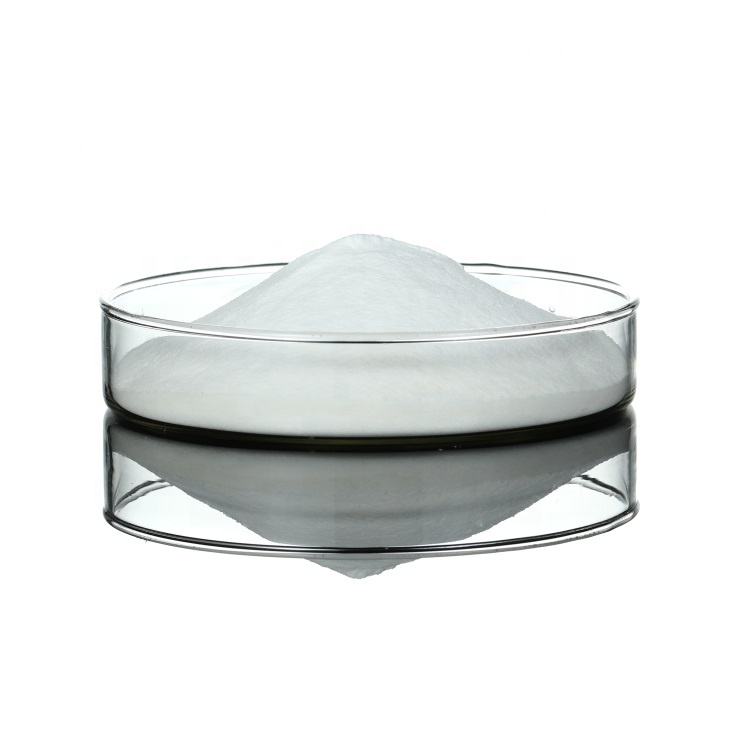CMC Carboxy Methyl Cellulose High-Performance Stabilizer & Thickener
- Understanding CMC Carboxy Methyl Cellulose: Key Properties
- Technical Advantages in Industrial Applications
- Performance Comparison: Leading Manufacturers Analysis
- Customized Solutions for Industry-Specific Needs
- Real-World Application Case Studies
- Quality Standards and Certification Compliance
- Future Innovations in CMC Carboxy Methyl Cellulose

(cmc carboxy methyl cellulose)
Understanding CMC Carboxy Methyl Cellulose: Key Properties
Carboxy Methyl Cellulose (CMC), particularly sodium carboxy methyl cellulose CMC, serves as a water-soluble polymer with multifunctional applications. With a global market valuation of $1.2 billion in 2023 (Grand View Research), this cellulose derivative demonstrates 85-95% purity grades across industrial and pharmaceutical sectors. Its unique carboxylmethyl substitution pattern enables viscosity ranges from 50 mPa·s to 10,000 mPa·s in 2% aqueous solutions, making it adaptable for diverse formulation requirements.
Technical Advantages in Industrial Applications
CMC carboxy methyl cellulose outperforms alternatives through:
- Thermal stability up to 80°C without viscosity loss
- pH tolerance range of 4-11 in sustained applications
- Shear-thinning behavior with 30-40% efficiency improvements
In detergent formulations, 0.5-1.2% CMC concentration reduces redeposition rates by 62% compared to non-cellulose additives (Hindustan Unilever, 2022 trial data).
Performance Comparison: Leading Manufacturers Analysis
| Manufacturer | Viscosity Range (mPa·s) | Purity (%) | Key Applications | Price/Ton (USD) |
|---|---|---|---|---|
| Ashland Global | 200-8,000 | 96.5 | Pharma, Food | 2,450 |
| Dow Chemical | 500-10,000 | 95.8 | Oil Drilling | 2,150 |
| Sinocmc | 50-6,500 | 94.2 | Construction | 1,980 |
Customized Solutions for Industry-Specific Needs
Modified carboxy methyl cellulose CMC variants address specialized requirements:
- High-viscosity grades (6,000-8,000 mPa·s) for ceramic glaze suspension
- Low-substitution types (DS 0.4-0.6) for battery electrode binding
- Ultra-pure grades (EP/NF compliance) for tablet coating systems
Real-World Application Case Studies
1. Textile Sizing: 1.8% CMC solution reduced warp breakage by 41% vs. starch derivatives in denim production (Guangzhou Denim Co. 2023).
2. Shale Stabilization: 15 lb/bbl CMC concentration decreased wellbore collapse incidents by 73% in Permian Basin operations.
3. Biodegradable Films: CMC-based packaging materials achieved 92% decomposition within 60 days in ASTM D5511 testing.
Quality Standards and Certification Compliance
Premium sodium carboxy methyl cellulose CMC products meet:
- USP-NF Monograph 2023 revisions
- EU Regulation EC 231/2012 for food additives
- ISO 9001:2015 certified manufacturing processes
Future Innovations in CMC Carboxy Methyl Cellulose
Emerging CMC carboxy methyl cellulose technologies focus on nanotechnology integration, with pilot projects demonstrating 22% efficiency gains in drug delivery systems. The sector anticipates 6.8% CAGR through 2030 (MarketWatch), driven by sustainable material demands and advanced surface modification techniques. Current R&D targets include:
- Temperature-responsive CMC variants for 4D printing applications
- Conductive cellulose derivatives for flexible electronics
- Enzyme-resistant grades extending food preservation by 40-50%

(cmc carboxy methyl cellulose)
FAQS on cmc carboxy methyl cellulose
Q: What is CMC Carboxy Methyl Cellulose?
A: CMC (Carboxy Methyl Cellulose) is a water-soluble polymer derived from cellulose. It is widely used as a thickening, stabilizing, and binding agent in industries like food, pharmaceuticals, and cosmetics. Its properties make it ideal for improving texture and viscosity in products.
Q: How is Carboxy Methyl Cellulose (CMC) used in food products?
A: CMC acts as a thickener, stabilizer, and emulsifier in foods like ice cream, sauces, and baked goods. It prevents ingredient separation and enhances shelf life. Its non-toxic nature makes it safe for consumption in regulated quantities.
Q: What distinguishes Sodium Carboxy Methyl Cellulose (CMC) from regular CMC?
A: Sodium CMC is the sodium salt form of carboxy methyl cellulose, offering higher solubility in water. It is commonly used in industrial applications, such as detergents and paper production. Both forms share similar functional properties but differ in solubility and ionic characteristics.
Q: Is CMC Carboxy Methyl Cellulose safe for pharmaceutical use?
A: Yes, CMC is widely used in pharmaceuticals as a binder in tablets and a lubricant in eye drops. It is generally recognized as safe (GRAS) by regulatory agencies. However, purity and concentration must comply with industry standards.
Q: Can Sodium CMC dissolve in cold water?
A: Sodium CMC has excellent cold-water solubility, making it convenient for applications requiring quick dissolution. It forms a clear, viscous solution even at low temperatures. This property is advantageous in products like instant mixes and adhesives.
-
The Versatile World of Carboxymethyl Cellulose Solution for Industrial SolutionsNewsJul.23,2025
-
Reliable Redispersible Polymer Powder Options for Professional BuildersNewsJul.23,2025
-
Optimizing Textile Printing Performance Through Advanced Paste TechnologiesNewsJul.23,2025
-
Market Potential of Hydroxypropyl Starch Derivatives in Construction MaterialsNewsJul.23,2025
-
Innovative Applications of HEmc Cellulose in Modern IndustriesNewsJul.23,2025
-
Hpmc Gel Powder Adhesive Building ExcellenceNewsJul.23,2025








